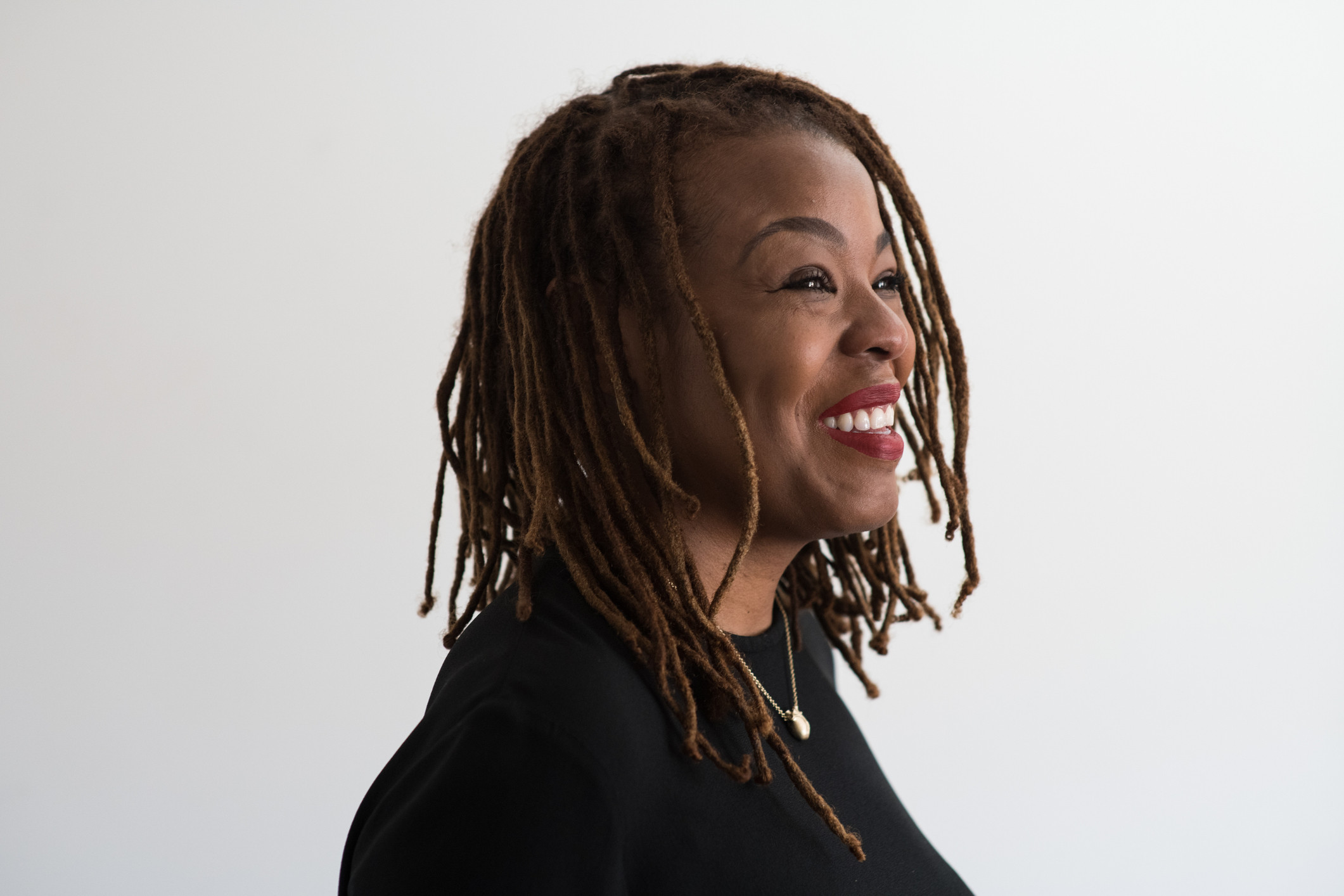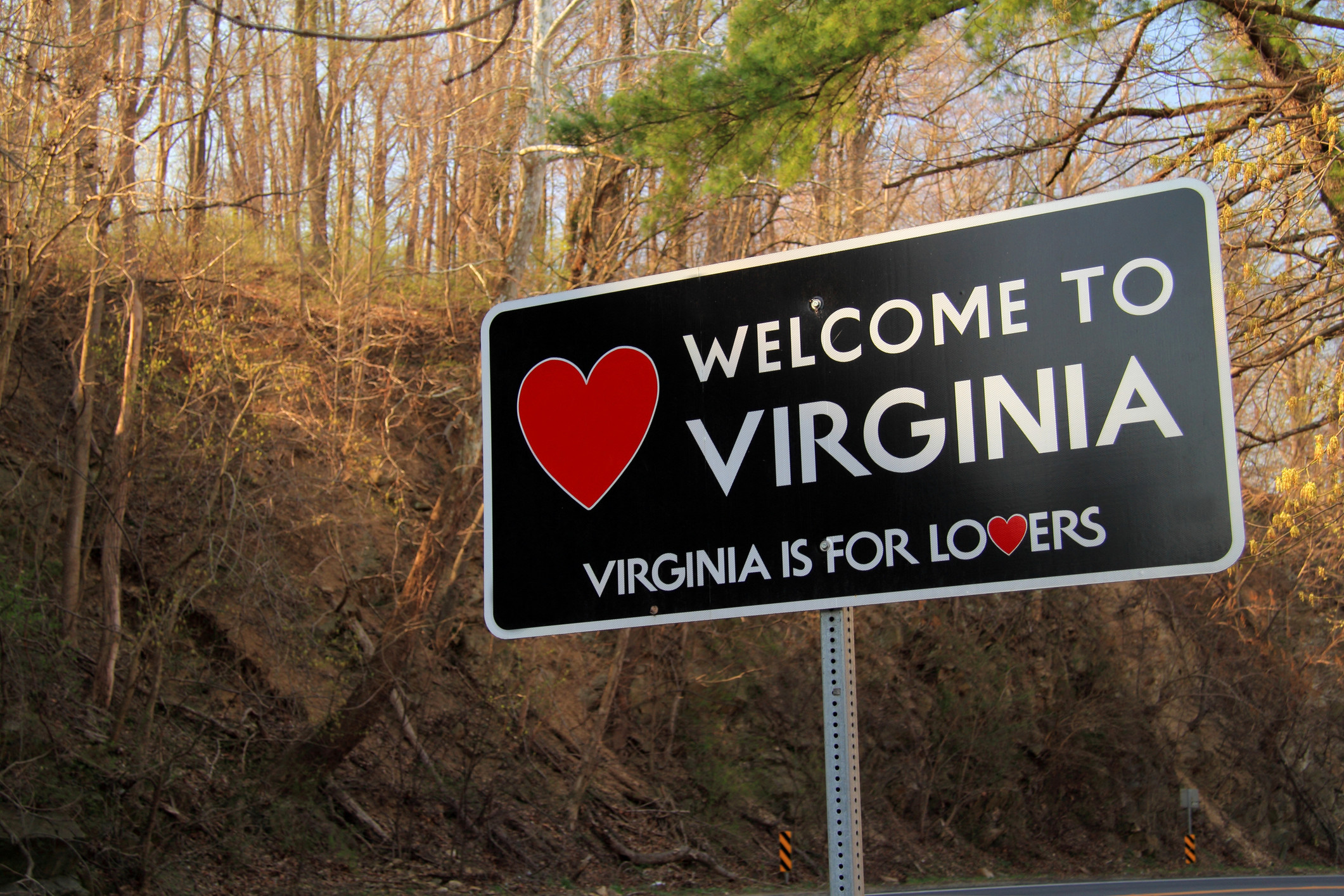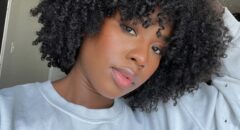
Another state is moving in the right direction to eliminate discrimination against hair. Virginia has officially become the first southern US state to ban hair discrimination based on racial identifiers including hair texture and hair type.
It is the fourth US state to pass such a measure. It had already passed the Virginia senate and house of delegates unanimously last month.
Other states continue to weigh legislation to ban hair discrimination in the workforce and classroom. Known as the Crown Act, it protects against discrimination based on hairstyles by extending statutory protection to hair texture and protective styles.
The Crown Act has passed in three states including California and New Jersey. Thirteen additional states are considering similar legislation.
Advocates say the law will put an end to punitive actions that have disproportionately affected African Americans, both in schools and the workforce. Instances of disciplined children, or fired employees over dreadlocks, braids or afros have sparked outrage in recent years.
On Wednesday, Virginia’s governor, Ralph Northam, signed HB 1514, which also bans discrimination based on “protective hairstyles such as braids, locks and twists”.
Northam noted the bill is “pretty simple”, arguing that any child sent home from school because of a ban on “hairstyles associated with a particular race is discrimination”.
“This is not only unacceptable and wrong, it is not what we stand for in Virginia,” he said. “This bill will make our commonwealth more equitable and welcoming for all.”

Many say, the push to ban natural hair discrimination in the U.S. came after Andrew Johnson, a student at Buena Regional High School, was forced to cut his dreadlocks to compete in a wrestling match. The incident wasn’t the first act of hair discrimination in a school setting, but it did lead legislators to reevaluate laws on racial discrimination.
Federal regulations on Black hairstyles remain...
...inconsistent.
While a federal court ruled in 2016 that employers can legally fire employees or deny applicants for wearing dreadlocks and other hairstyles commonly associated with African Americans, a specific ban was lifted in all branches of the US military after a four-year legal battle.
“A person’s hair is a core part of their identity,” Delores McQuinn, a Virginia state delegate and the bill’s lead sponsor, told local TV station WHSV. “Nobody deserves to be discriminated against simply due to the hair type they were born with, or the way in which they choose to wear it.”
Virginia’s hair discrimination ban takes effect 1 July.









